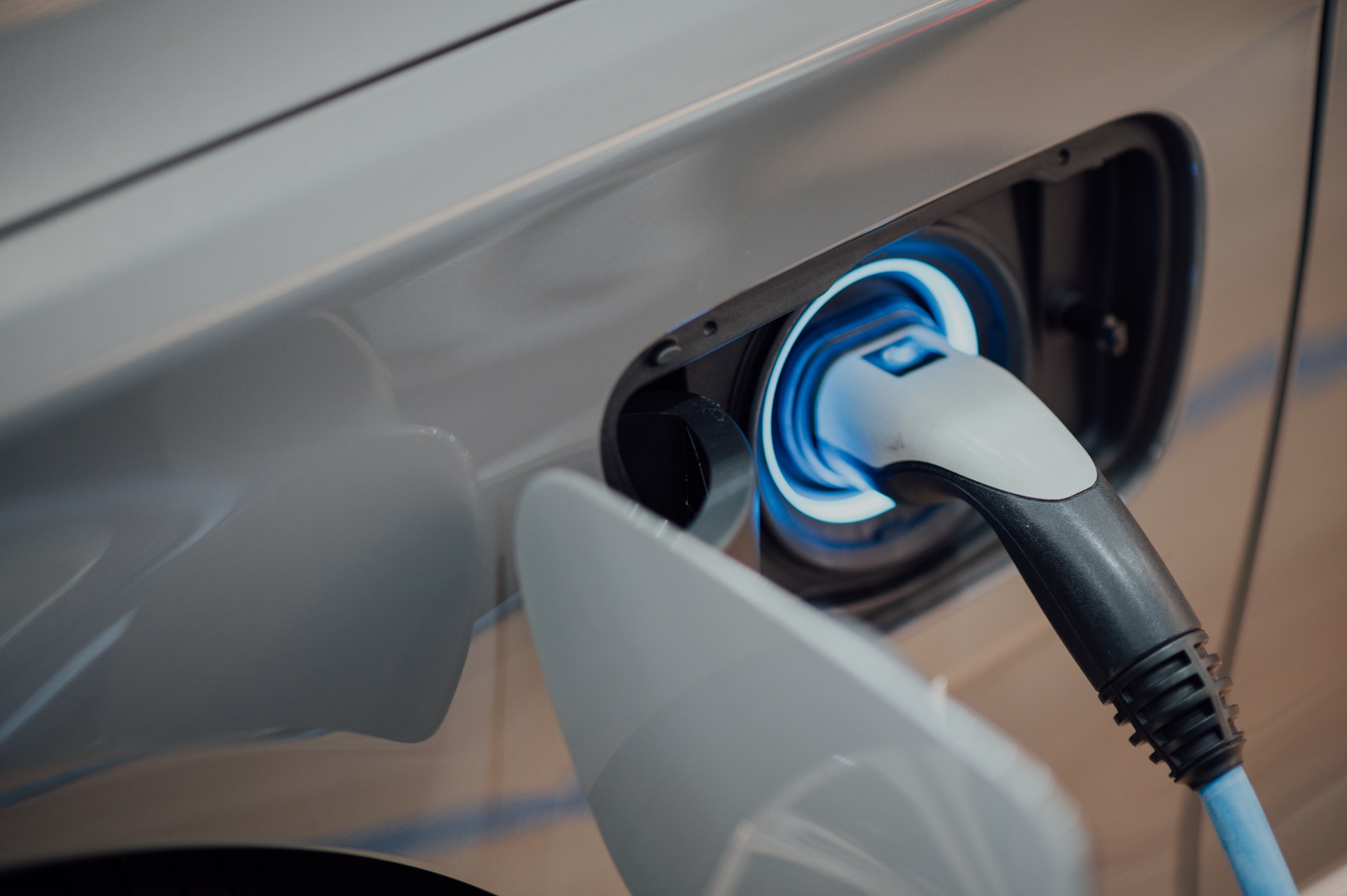Malta’s drive to put around 7,200 electric vehicles (EV) on the road each year until 2030 is “very challenging but doable”, as long as Government steps up with leadership and investment, says one of Malta leading EV importers, who highlights coordination, infrastructure, education and incentives as some of the key factors that will be crucial in determining whether the goal is achieved.
When the Ministry for the Environment published its Low Carbon Development Strategy for public consultation in June, one of the headline proposals was the plan to get 65,000 EVs (including Plug-In Hybrid EVS – PHEVS) on Maltese roads by 2030, which translates to an average of 7,200 every year.
The scale of the challenge becomes clear when considering that it has taken Malta over three and a half years, since the beginning of 2018, to register the same number of EVs and hybrids that it is now aiming to introduce every year. The total stock remains at only around 8,500.
BusinessNow.mt reached out to Ian Mizzi, a director on the board of Mizzi Organisation and managing director of Industrial Motors Ltd and Nissan Motors Ltd, representing Suzuki, Mitsubishi and Nissan on the local market, to see how Malta can achieve this ambitious target.
“Basically,” he starts, “it is certainly achievable, but only if the right conditions are in place. There are a number of hurdles and challenges that have to be overcome to get there.”
Echoing the views of both owners and other importers, Mr Mizzi identifies the key challenge as one of infrastructure.
“We are selling electric vehicles so we are on the front line,” he says. “We have open communication with the potential customer here, and the potential customer tells us that they would like to buy an EV but they don’t have where to charge. They tell us:
‘I live in a flat… My only option, if I use street parking, is to dangle a cable down from the balcony, which is obviously not on.’
“We hear this all the time, and it is definitely the main hurdle we are facing at the moment.
He describes the consultation document launched last month on the liberalisation of the market in public charging infrastructure as well written, a positive step, and on the right track – but insists that as long as the number of EVs remains low, there is little incentive for private operators to provide the service – and put up the attendant large capital outlay.
“It is clear that initially investors will have to cover a period of losses, until the number of EVs reaching the critical mass required to make the income interesting.”
Mr Mizzi says that if the Government actually manages to get 65,000 EVs introduced over the next nine years, operators would indeed be very interested in getting into the charging market due to the rapid ramp up in clients.
However, for investors to be willing to take that risk, he says, they will first need to be convinced of the feasibility of achieving that target, and more importantly, of Government’s commitment to doing what is necessary to reach it.
“It’s a question of risk taking. Investors are willing to take on certain risk, but it needs to make sense. The only way we can reach these ambitious and challenging targets is through the creation of a win-win situation for consumers and private enterprise.
“That is where Government action can send a strong message.”
What kind of strong message?
“We can start by ensuring that there is the appropriate provision and distribution of electricity to bear the added loads that will be generated with tens of thousands of EVs,” he says, while commending Minister for Energy Miriam Dalli for her efforts on both fronts through a second interconnector to Sicily and investments in the local distribution system.
Perhaps most important, though, is the price of buying an EV, which, even after the attractive €9,000 Government grant, starts from €20,000.
Mr Mizzi believes Government could come up with a scheme to soften the blow of what for most local workers is a large expense comparable to an entire year’s salary.
He points out that over half of Malta’s car market is in fact made up of used vehicles, estimating the average price for most vehicles to be around the €5,000 to €6,000 price range, “precisely because most people are not willing to spend quite so much”.
One thing that Government could do, he argues, is to simply educate the public on the lifetime cost of owning an EV as compared to an Internal Combustion Engine (ICE) vehicle.
“We know through years of studies that the total cost of ownership of an EV is actually considerably less than the total cost of ownership of an ICE vehicle. However, this has to be explained because it is not readily apparent.
“Sure, the initial cost is high, but the running cost, the license, the servicing – all these costs are non-existent or very low.”
He points out that many skeptics’ view on EVs’ batteries, that they would degrade quickly and need replacing, have been amply dispelled through the evidence.
“We have been selling the Nissan Leaf for over 10 years now, and we’ve had, I think, only one or two cars come in with an issue in the battery. You’ve got an eight-year guarantee on it, so it’s simply not a concern in the vast majority of cases. Does it degrade over time? It’s a battery, of course, but we know through experience that after 10 years it is likely to retain over 80 per cent of its original capacity.”
As we approach the end of our discussion, Mr Mizzi sums up his point by arguing that the primary thing Government can do is ease the upfront cost of ownership, noting that this would send a strong message to private investors that it is serious about reaching its goal, and thereby make investment an attractive prospect.
“Let’s be clear about one thing. This is not an easy challenge. There has to be the willingness of all parties involved to bring this together.”
In this respect, he closes with one final suggestion.
“What would definitely send a strong message and ease coordination is if one person or office can be put in charge of this – an EV czar, for want of a better word. We are talking the Ministries of Environment, Commerce, Energy, Transport, Infrastructure… The coordination must be impeccable. If there’s hesitancy in any department, this won’t work.”
255 third-country nationals ordered to leave Malta in first quarter of 2025
Returns across EU rise, but Malta’s numbers remain modest
Inbound sea tourism dips by 2.3% in early 2025
The overall outlook for Malta’s tourism sector still remains optimistic
Transport Malta tight-lipped on enforcement plans for white taxis and coaches
Uncertainty also remains over the technology used and how enforcement will be applied






